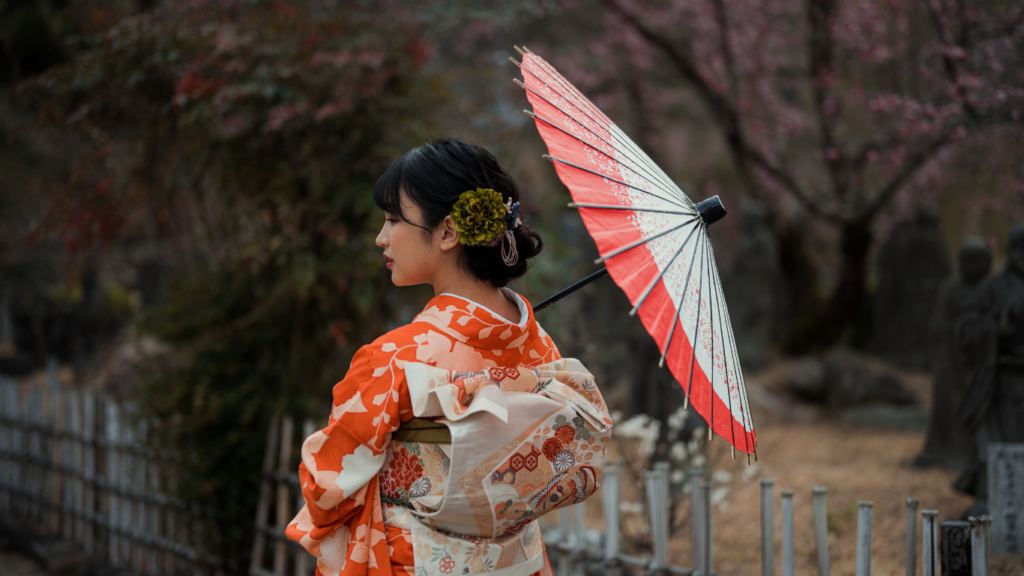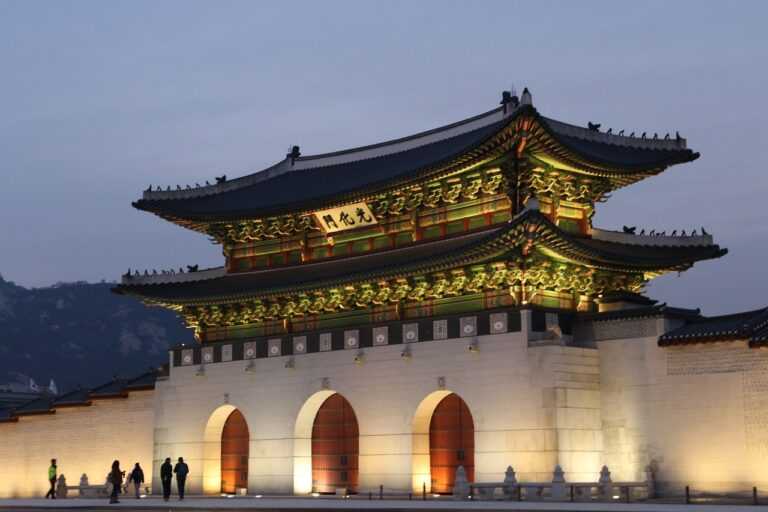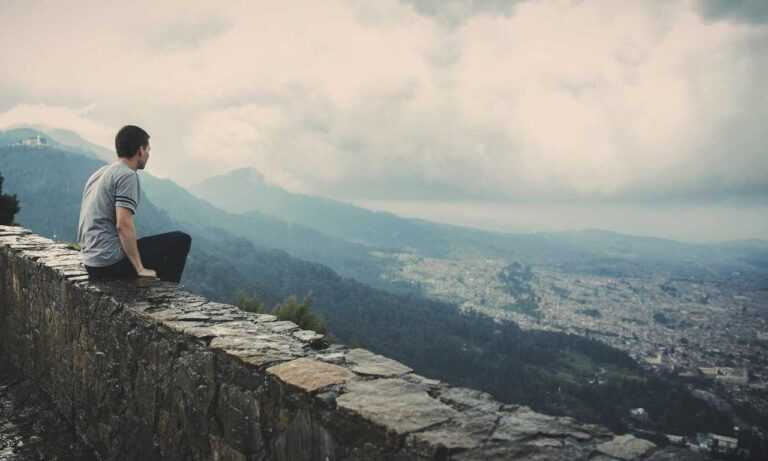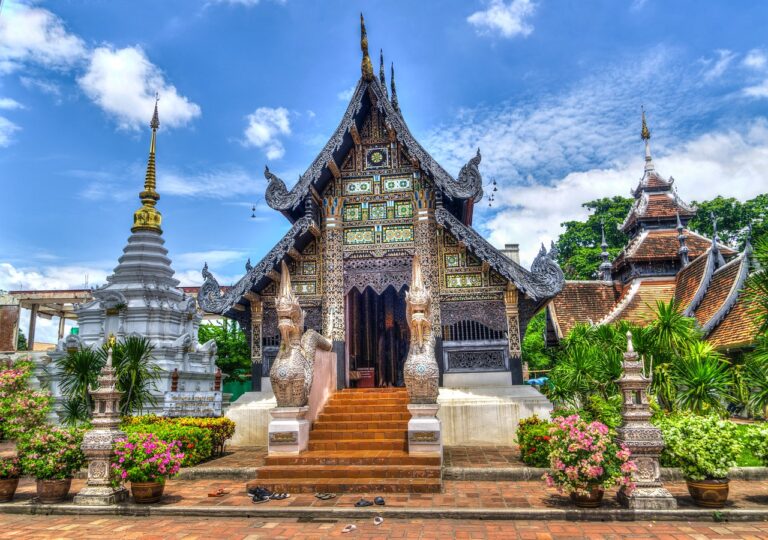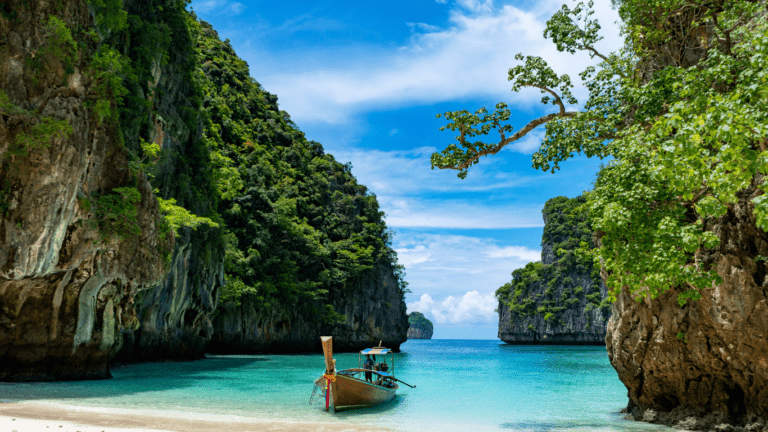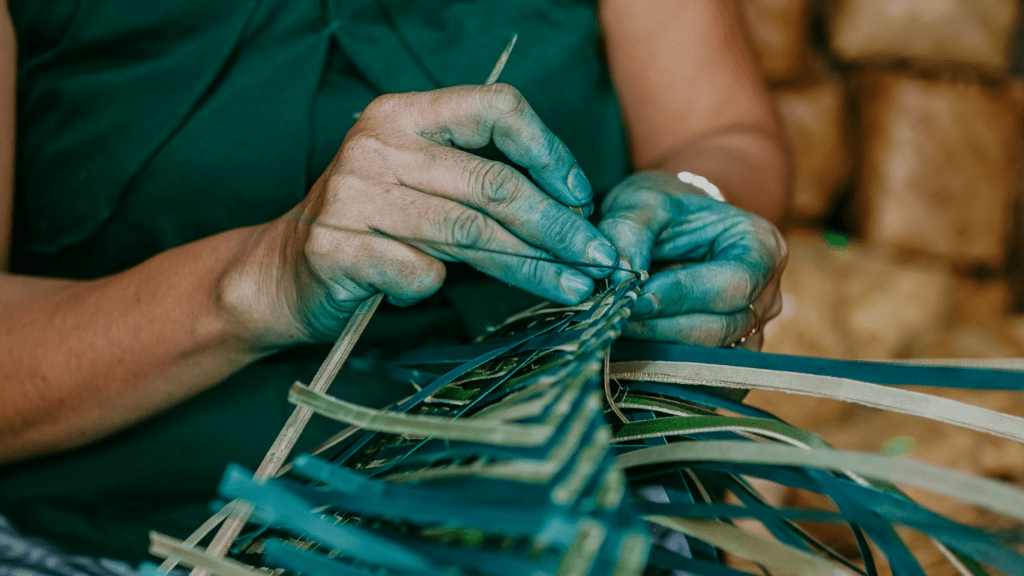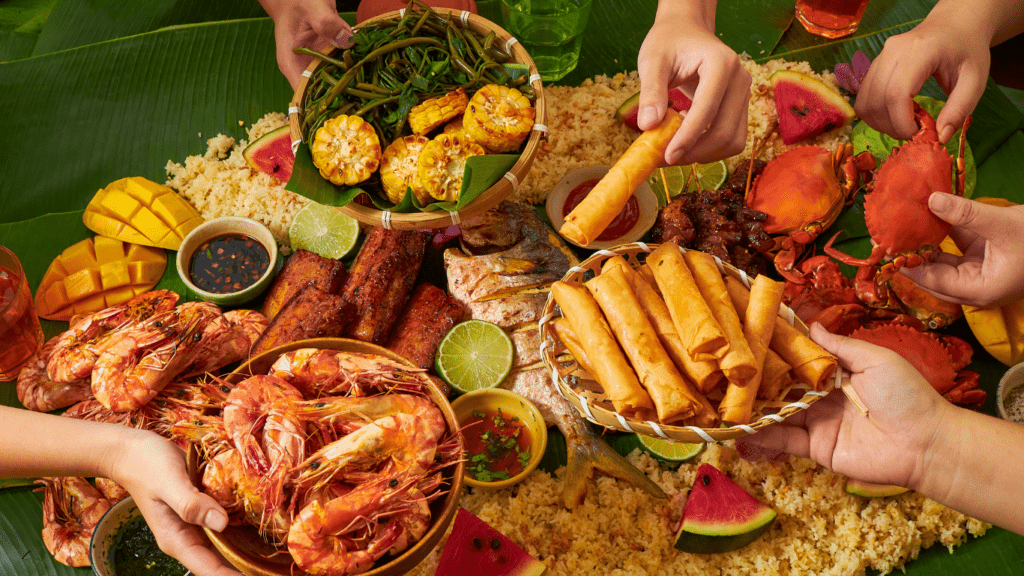Travel has a unique power to transform our perspectives and deepen our understanding of the world. Each journey opens doors to new cultures, traditions, and ways of life that challenge our preconceived notions.
As I explore diverse landscapes and engage with local communities, I find that every experience enriches my appreciation for the beauty of our global tapestry. Through travel, I’ve learned that cultural appreciation goes beyond mere observation.
It’s about immersing myself in different customs and connecting with people on a human level. This journey fosters empathy and broadens my worldview, reminding me that we’re all part of a larger story. Join me as I delve into how travel not only shapes our understanding of various cultures but also unites us in our shared humanity.
The Impact of Travel on Cultural Appreciation
Travel exposes me to diverse cultures, fostering a deeper understanding of our global community. Each destination offers unique experiences that challenge my perspectives and enhance cultural appreciation.
Experiencing Diverse Cultures
Experiencing diverse cultures shapes my worldview. Engaging with local traditions, cuisine, and art reveals valuable insights into people’s lives. For example, participating in a traditional dance in Bali deepened my appreciation for the island’s history and values.
Visiting markets in Marrakech illustrated the significance of communal life. These immersive experiences encourage respect for cultural uniqueness and promote meaningful connections.
Breaking Down Stereotypes
Breaking down stereotypes through travel broadens my understanding of others. Confronting preconceived notions during trips allows me to see the reality behind cultural representations. For instance, interactions with local communities in Brazil highlighted the complexity of their customs and lifestyles, countering media-driven clichés.
As I learn from individuals rather than assume generalized traits, I cultivate empathy and reduce biases. This transformative journey emphasizes the importance of firsthand encounters in reshaping limited perceptions.
Travel as a Catalyst for Global Understanding
Travel serves as a catalyst for global understanding, fostering connections and promoting deeper insights into diverse cultures. Each journey enriches my perspective and challenges my assumptions.
Building Connections Across Borders
Building connections across borders enhances mutual understanding. Interacting with locals allows me to engage in meaningful conversations that transcend language barriers. I often find warmth in shared experiences, like enjoying a meal together or participating in community festivals.
These moments create lasting bonds, illustrating our shared humanity and cultivating friendships that span continents.
Learning Through Immersion
Learning through immersion offers invaluable lessons that textbooks can’t provide. Experiencing a culture firsthand, such as observing traditional ceremonies or sampling local cuisine, deepens my appreciation for different ways of life.
Immersing myself in daily routines helps me grasp cultural nuances and highlights the uniqueness of each society. By actively participating, I gain new insights into customs and values, which fosters respect and admiration for global diversity.
Ways to Enhance Cultural Appreciation While Traveling
Enhancing cultural appreciation during travel requires conscious effort and genuine curiosity. I focus on two key strategies: engaging with local communities and choosing authentic experiences.
- Engaging with Local Communities: Engaging with local communities starts with meaningful interactions. I visit local markets to meet vendors, learn about their crafts, and understand their daily lives. Participating in workshops provides hands-on experiences, such as pottery or weaving, which reveal cultural significance.
- Choosing Authentic Experiences: Choosing authentic experiences allows me to step beyond tourist hotspots and into the heart of local culture. I prioritize staying in homestays or guesthouses run by local families, which fosters a genuine atmosphere. Sampling traditional cuisine in family-run restaurants provides insight into culinary heritage and regional flavors.
Challenges in Cultural Appreciation
Traveling presents unique challenges to cultural appreciation that can affect how individuals engage with different societies. Understanding these challenges helps to navigate the complexities involved in respectful cultural interactions.
Misunderstandings and Misinterpretations
Misunderstandings often arise during cross-cultural exchanges, which can lead to misinterpretations of norms and values. Language barriers complicate communication, causing messages to be distorted or lost.
Nonverbal cues, such as gestures and expressions, may vary significantly across cultures, leading to unintended offense. It becomes essential to approach cultural interactions with an open mind and a willingness to learn.
Acknowledge differences instead of imposing one’s own beliefs, and seek clarification when uncertain. Taking time to understand local customs fosters more meaningful connections and reduces the likelihood of offense.
The Role of Tourism in Cultural Dilution
Tourism significantly impacts cultural dynamics, sometimes leading to cultural dilution. As travelers flock to popular destinations, local traditions may shift to accommodate visitor expectations.
This alteration can result in a sanitized version of culture that prioritizes tourism over authenticity. Commercialization of cultural elements, such as traditional performances and cuisine, risks losing their original significance.
Supporting local artisans and businesses helps preserve genuine cultural practices, ensuring that travelers experience authentic cultures. Engaging in sustainable tourism practices, such as encouraging responsible travel and respecting community values, promotes cultural integrity and enhances appreciation.
Balancing tourism with cultural preservation becomes essential for maintaining a genuine connection to local heritage.


